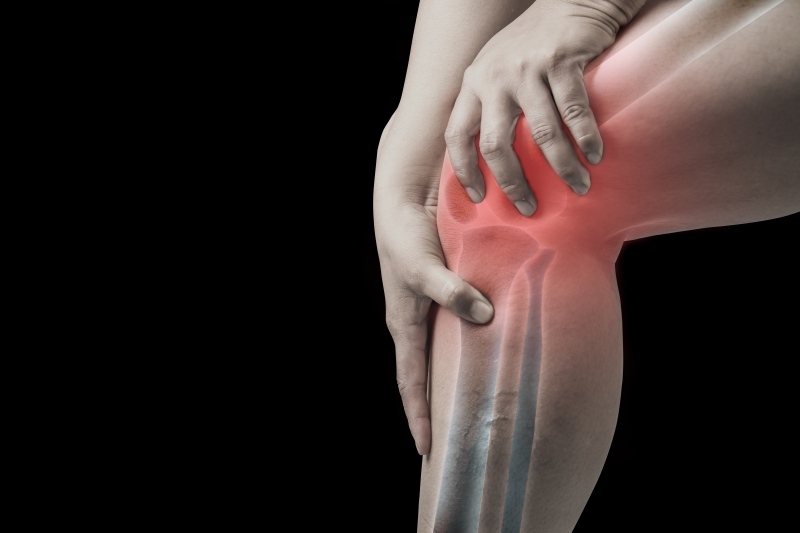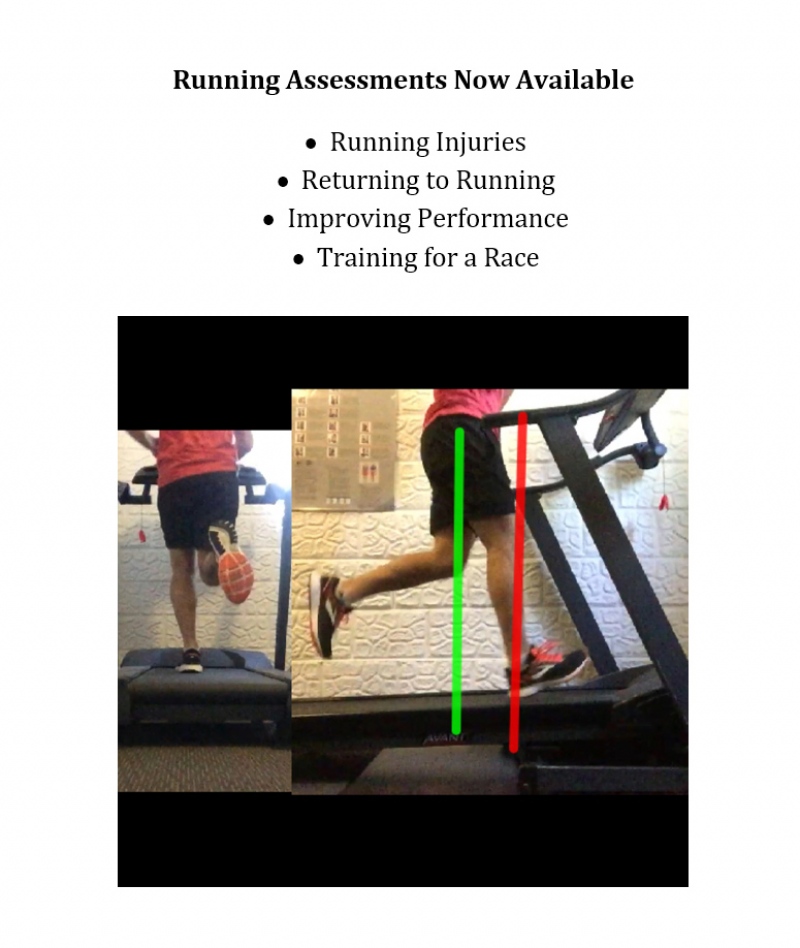Physio Blogfrom the team at South Coast Physiotherapy
Displaying items by tag: Knee
Happy Knees
The importance of addressing Knee Health in treating knee OA
Osteoarthritis (OA) is a degenerative process involving the break down of cartilage at a joint leading to pain, swelling and loss of function. The prevalence of knee OA has doubled in the last 50 years and is a major burden on health care services around the world. As a result researchers and health organisations are constantly looking at the best ways to manage this condition. Clinical practice currently suggests that treatments should be directed away from structural/mechanical models which are based on restoring the knee structure and instead should be directed more towards addressing the health of the knee. Understanding that OA is more than just tissue breakdown and that if treatments can control the inflammatory process and tissue sensitivity associated with OA, that there will be an improvement in knee function, pain levels and patient quality of life.
Cartilage is not related to pain
Historically treatments have been structurally and mechanically based, directed towards restoring the lost cartilage either through different types of injections or supplements. However we know that the breakdown of cartilage is not correlated to knee pain and therefore focusing treatment on restoring cartilage will not necessarily make the knee feel or function any better.
So why doesn’t my exercise routine work?
Since I qualified as a physiotherapist back in the early 2000s exercise has been one of the first line treatments for the condition with focus on restoring range of motion and improving muscle strength. Studies have shown that it can effectively reduce pain and improve function and when you add this to the extensive list of health benefits that are associated with exercise it is not surprising that it is the first port of call. However even with exercise we need to ensure that it is being directed at improving knee health rather than purely strengthening the knee or replenishing articular structures. Exercise alone is not a sufficient intervention. It needs to be incorporated into addressing knee health and failure to do this is a major reason why prescribed exercise routines sometimes do not work.
How do we incorporate an exercise program into a knee health model?
The exercise program itself is not the initial priority. When treating a symptomatic OA knee the clinician is not trying to purely restore muscle strength but instead is addressing a complex inflammatory process being driven and influenced by many factors and comorbidities. Addressing these is the first step and once the patient has a good understanding of this and the clinician has an understanding of the goals and beliefs of the patient then a suitable exercise program can be prescribed. As a result the exercises are specific to each patient rather than a generic ‘recipe book’ style program. They can be pilates based, gym based, yoga based, home based, water based or any combination of different exercises, what ever works for the patient and is suitable for their knee and their general health at that point. It is therefore beneficial that when starting a program aimed at helping an OA knee that the individual seeks guidance from a trained health practitioner, such as a Physiotherapist, to ensure that the program fits a ‘knee health model’ rather than purely focusing on structural deficits. Unfortunately in some cases knee replacement surgeries are still required but even post surgery following this model will ensure the best rehabilitation.
Is Running Safe for my Knees?
For a long time running has been associated with increased risks of degenerative hip and knee injuries, in particular Osteoarthritis (OA). This association has been so ingrained into public and professional perception that health practitioners have gone as far as advising people to avoid running in a bid to reduce the risks of OA changes.
However these beliefs have been recently questioned when researchers compared a sedentary group of non runners with a group of recreational runners and found that the non runners suffered significantly more OA changes than the running group.
It is important to note that these studies were carried out on healthy subjects with no pre existing knee injuries and also that when they looked into elite runners they found increased risks of OA changes.
As health professionals these findings allow us to reassure patients that they can take advantage of the multiple health benefits of running and have less risk of OA than if they were sitting on the couch.
Even if there are preexisting injuries to the knees we can get people back running with a suitable rehabilitation regime and a gradual return to running program.
With our new running software at South Coast Physiotherapy we are now in the perfect position to offer assessments and programs to get people back running. Give the clinic a call and take advantage of all the benefits that getting back to running can offer.
Running & Arthritic Knees

Arthritic knee pain is very prevalent in the aging population and can lead to a reduction in activity at the very stage of life when we are trying to remain as active as possible. As physiotherapists a lot of our patient management is directed at keeping activities that will aggravate knee pain to a minimum and, at the same time, trying to keep the patient doing their hobbies and sports.
Old Wives Tales
Some sports and hobbies are more knee friendly than others but it is often not as straight forward as simply branding the ones that involve lots of knee impact as being the most dangerous. The old wives tale stating that too much running will lead to arthritis in the knees does not fit in with current evidence. Current evidence shows that individuals who run and have healthy knees are no more likely to suffer from arthritic changes than individuals who do not run.
Runners Vrs Non Runners
One study which supported this took knee x-rays of 50 year olds over an 18 year period. The subjects were split into a group that ran and a group that did not .The results showed no increased signs of osteoarthritic changes in the either group. Another study took an MRI of 7 runners before and after a marathon and they found that there were no signs of joint stress or deterioration after the race. Both these studies certainly point towards running not causing damage to the knee.
Further investigation into the effect of running on knees in animal studies showed evidence that running may have beneficial effects. A study in 1992 compared a group of dogs that ran to a control group that did not. They found that there was increased cartilage thickness in the groups that ran. Another study looked at mice over a 12 month period and found that a group who were kept active showed less signs of joint degeneration when compared to a group who had limited activity.
The evidence certainly sounds very clear cut but before you dig out your runners and head off to pound the pavements it is important to underline that the positive findings from these studies were mostly on individuals who have healthy knees.
Anecdotally, in the clinic, we certainly find that inactivity, be it spending long hours in the car or at a desk, is generally more detrimental to arthritic knees when compared to regular walking and sometimes even jogging. But I would strongly advise against heading out for a run as a way of attempting to reduce knee pain if you are not a regular runner and if you do not have a clear diagnosis of what is causing the pain.
Take Home Message
As with everything you read in books and on line, whether it is part of a gossip column or from a respected medical journal, the findings need to be related to your individual circumstances. As for arthritic knees we can recommend to people that they can continue running if they are a regular runner with no knee symptoms and that they will have no greater risk of degenerative changes compared to non runners. However if you have knee pain and are keen to start running or you are currently running with knee pain then I would recommend to have an assessment with a health care professional such as a physiotherapist to work on a safe running plan. Addressing factors such as running biomechanics, muscle strength, foot wear and the intensity and frequency of your running program all play a roll in implementing a safe running program. Ultimately, however, there will be levels of knee arthritis where running is not appropriate and in these situations it is important to look into more suitable exercises and activities.

